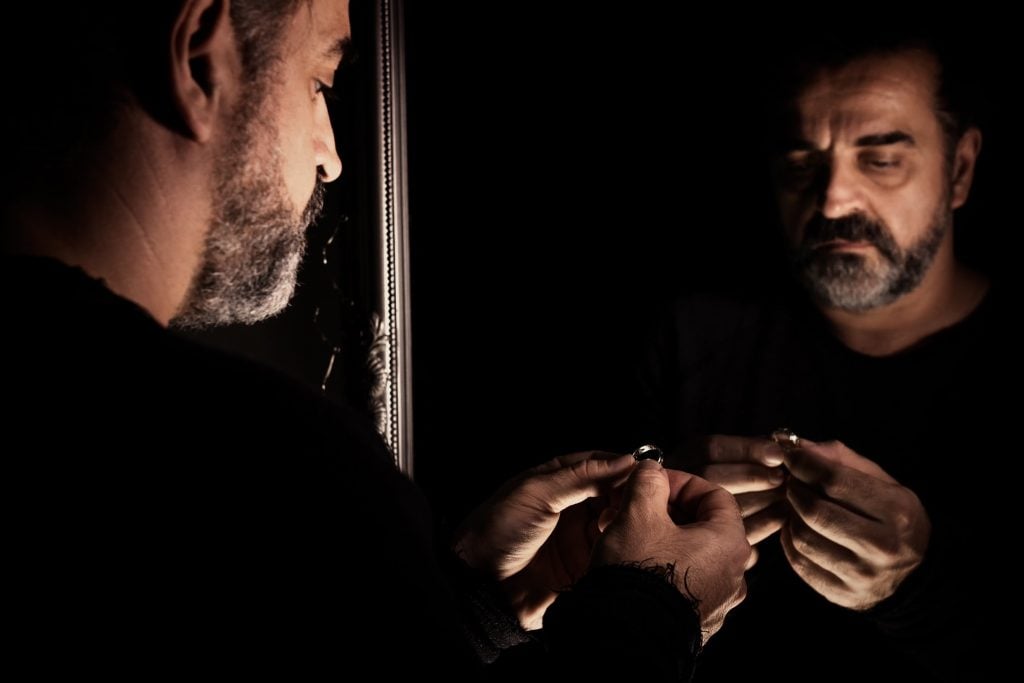-

Lessons The Seasons Changing Can Teach Us About Grief
Posted on October 11th, 2022
Posted by underLessons The Seasons Changing Can Teach Us About Grief […]
-

How to Manage Grief During the Holidays
Posted on December 27th, 2021
Posted by underWhen a loved one passes away, the hole in your heart that developed as a result of that person’s […]
-

How to Honor Veterans and Their Families
Posted on December 3rd, 2021
Posted by underYou might know that November 11th is Veteran’s Day, which is celebrated every year in America to honor those who’ve […]
-

When You Lose the Love of Your Life – Is it Too Soon to Move On?
Posted on February 12th, 2019
Posted by underThere is an old German proverb that says, “The death of a friend is equivalent to the loss of a […]
-

Surviving the Winter Blues
Posted on January 15th, 2018
Posted by underSurviving the Winter Blues Even living in the beautiful state of Virginia, the winter months can get a little […]

Blog
